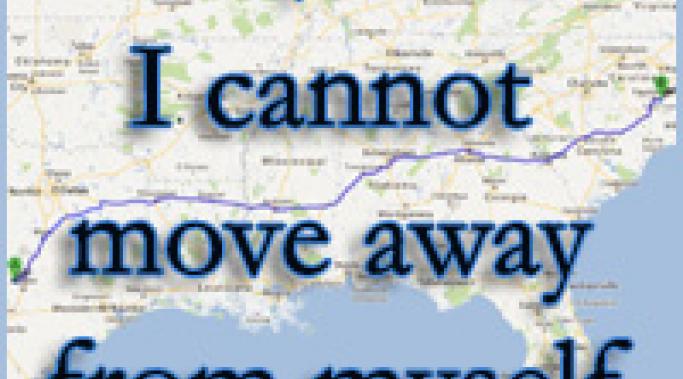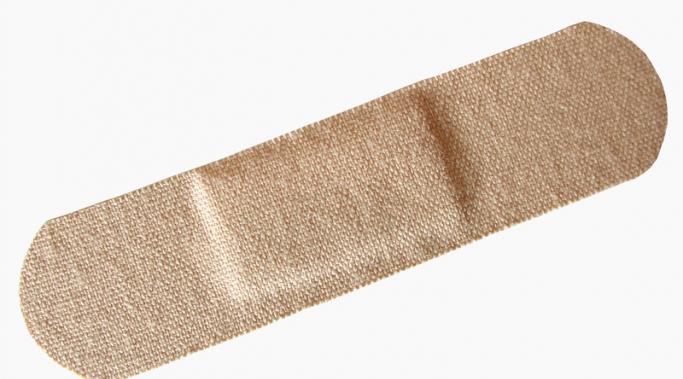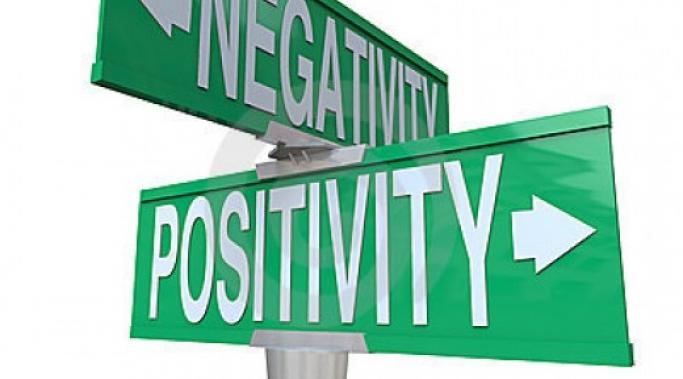Blogs
Readers often ask, “Alistair, don’t you have any shame?” I am happy to answer them, “No, no I don’t.”
Before you dismiss this remark as glib braggadocio, let me quickly add that shame has a very particular role in the lives of mentally ill people. After all, it was Taz Mopula who observed, “Guilt is when you feel badly about something you have done; shame is when you feel badly about something you are.”
Gentle reader, not much in life hurts more than feeling horrible about your very self, your identity, your being.
So when I say that I have no shame I mean that I have burned through every scrap of embarrassment I ever felt about being bipolar. I have acted out maniacally in the spotlight’s naked glare and looking back upon it does not raise a blush – quite the contrary, now I wear these memories like medals, battle scars I paid for very dearly.
On May 3, I arrived at my sister's home in Texas. I left Marc (19) and Eddie (17) behind in North Carolina despite my breaking heart. Financially, I simply couldn't afford to pretend "it will all work out" any longer. Codependency kept me there, financial ruin forced me to move.
In hindsight, I wish I'd left a year ago before life became more difficult for my oldest son. My staying allowed him one more year of destroying himself with drugs in his safe and protected environment - my home. I feel like a fool for enabling Marc and falling into the habit of codependency. I thought I'd already learned that lesson from his father in that substance addiction always wins over good sense. The rope I gave Marc to hang himself twisted around my neck instead, suffocating me and separating me from my inner safe place.
There are seven elements necessary to write targeted affirmations to cure anxiety. Some of those elements are clearing your limiting beliefs and reconstructing the story you tell yourself. Discover what the elements are and how to craft affirmations to cure your anxiety.
Last week, one of the Heal My PTSD support group members heaved a big sigh and asked, “Is it normal to fluctuate between seeing progress and going back to square one? Is that part of PTSD recovery?”
For more than two years, I wrote about my struggles with anorexia nervosa and the associated depression and anxiety that came with it on HealthyPlace's Surviving ED blog. I was proud that I was unfailingly honest about my thoughts, fears, and actions while attempting to recover from an eating disorder. I felt that was the only way to connect and help others, and I didn't regret it.
Until recently.
In the presentation I give to schoolchildren, I mention that, at various points in my history, I self-harmed. I cut myself. It’s a dirty truth, but there it is.
And not surprisingly, one teen asked me today, “Why would anyone cut themselves?”
Good question. Whole books have been written exploring this question and there is no single answer to why people self-harm. However, as to why most self-harm: it seemed like a good idea at the time.
When Delay is Deadly
When I was kicked out of the Army due to my mental illness, they gave me a 30-day supply of medication, a list of mental health services in Indianapolis and a "good luck, ex-soldier Oberg". Unfortunately, it was going to take three months to get in to see a psychiatrist. I've since found that other people have the same problem--it's so common that CrisisChat.org has an article about what to do while waiting for mental health services in their mental health library.
Let's do the math: mental illness = positivity. Right? Well, usually not, but it works in our favor to try to find positive aspects when recovering from mental illness. I'm going to break this down into the three stages of recovery we all go through.
Should taking bipolar medications bother me? Psychiatric medications, including bipolar medications, are at the center of many controversial debates. Many people feel as if taking bipolar medications daily means that they are completely dependent upon them, while others believe that medications are necessary for their bipolar disorder treatment.
Feeling triggered during social events? So am I! Eating disorder triggers seem to come from every direction, but is there anything you can do about them?








